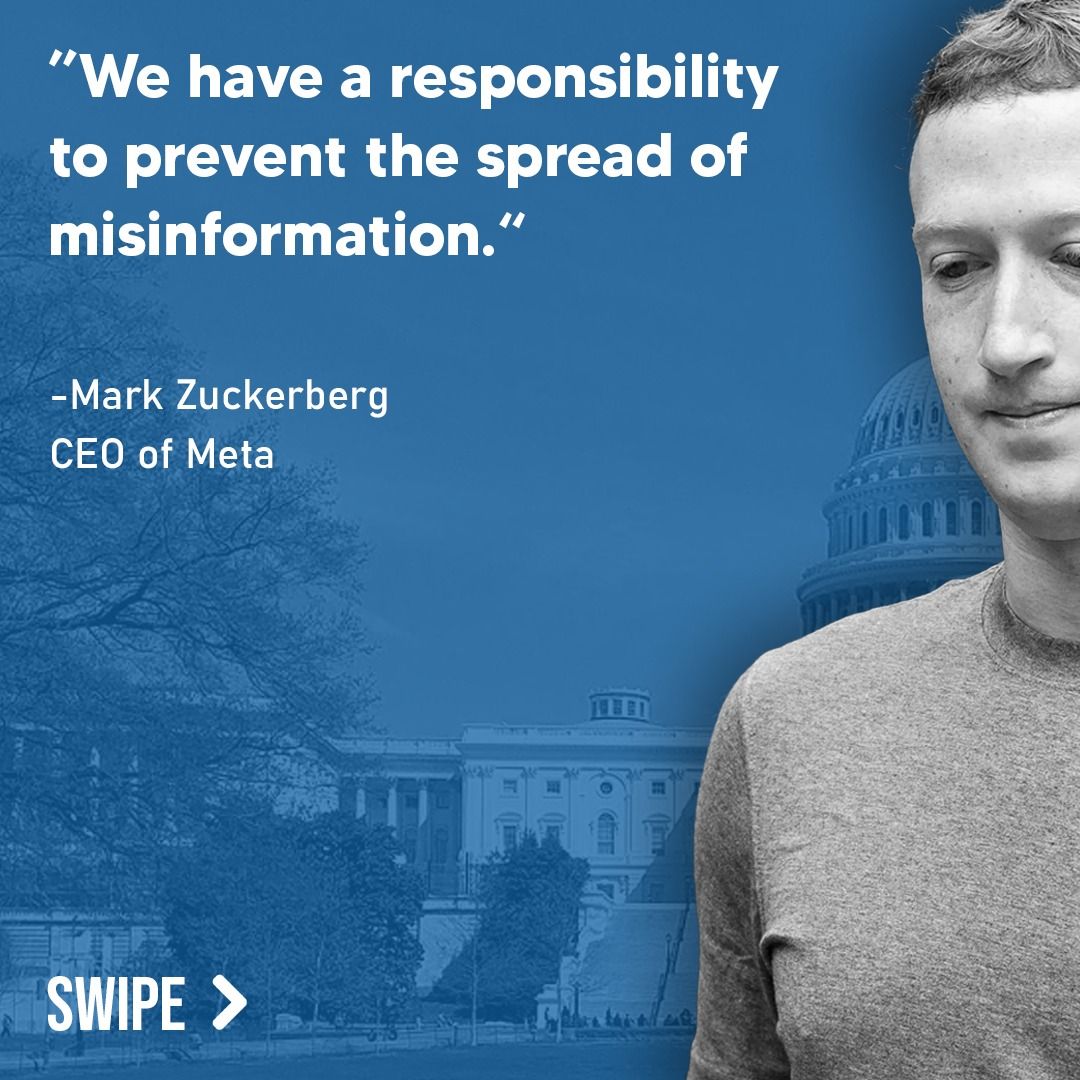
Introduction
Following a Japanese court’s decision to dissolve the Unification Church, questions have emerged about the organization’s history, political ties, and number of active members. This fact-checking report addresses whether the Unification Church has any direct links to the Communist Party and how many members it currently has.
Historical Context
The Unification Church, also known as the “Moonies,” was founded in 1954 in South Korea by Sun Myung Moon. The group has a history of active engagement with conservative political figures globally, including U.S. presidents and Japanese politicians. The church grew significantly in Japan during the 1960s, gaining legal religious status under the anti-communist efforts led by former Prime Minister Nobusuke Kishi. Over the decades, it has been accused of aggressive fundraising tactics, leading to the recent court order for its dissolution.

Fact-Check: Specific Claims
Claim #1: The Unification Church is linked to the Communist Party.
There is no evidence to support any direct link between the Unification Church and the Communist Party. On the contrary, the church was founded as an anti-communist organization and has historically supported conservative political movements. Japan’s ruling Liberal Democratic Party maintained close ties with the church, particularly during the Cold War, as both opposed communist influence. Given this history, the claim that the Unification Church is affiliated with the Communist Party is false.
Claim #2: The Unification Church currently has a significant number of members.
The exact number of active Unification Church members is difficult to verify. While the church has claimed millions of followers worldwide, independent estimates suggest significantly lower numbers. Reports indicate that membership has declined due to public scrutiny and legal actions, particularly in Japan. A 2022 estimate suggested there were around 600,000 members globally, but there is no confirmed recent count. Therefore, while the Unification Church still maintains a presence, its influence appears to be waning.
Claim #3: The dissolution order is unprecedented in Japan.
While rare, Japan has previously revoked the legal status of religious groups. The Unification Church is the first to be dissolved under civil code regulations rather than criminal charges, but earlier cases, such as the Aum Shinrikyo doomsday cult, faced dissolution due to criminal activities. Therefore, while the Unification Church case is significant, it is not entirely without precedent.

Conclusion
Our fact-checking analysis finds no evidence linking the Unification Church to the Communist Party. Additionally, while the church still has members, the exact number remains unclear, and its influence has declined. Finally, the court-ordered dissolution, though rare, is not an unprecedented move in Japan’s legal history. The article provides accurate historical and legal background but lacks specific updates on current church membership. Readers should be aware of missing details when assessing the organization’s current influence.
Encouraging Reader Engagement
Want to avoid misinformation? Download the DBUNK app today for fact-checked news and real-time analysis.

Link to Original Article

